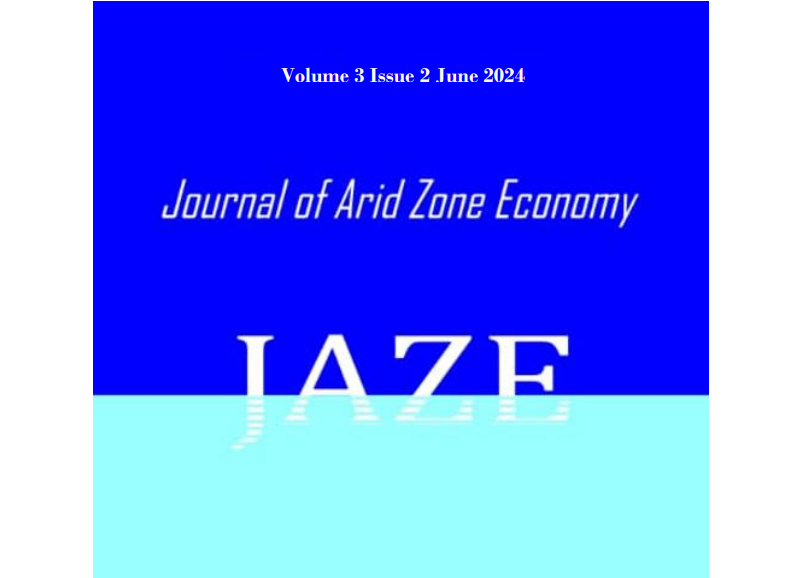Threshold Impact of International Trade on Exchange Rate Volatility in Nigeria
Abstract
The Nigeria exchange rate has been associated with too much risk,
especially over the last one decade. The current study evaluates the
threshold impact of Nigeria international trade (IT) on her exchange rate
volatility (ERV), and causal relationships. The study used data sourced
from the World Development Indicators and Central Bank of Nigeria
database from 1981 to 2021. The Generalized Autoregressive Conditional
heteroskedasticity (GARCH) and threshold regression were employed for
the study's main analysis. The study preliminary analysis for stationarity
revealed the study model variables are stationary at the level and first
different I(0) and I(1) and the GARCH estimates shows stationarity and
volatility clustering, meaning there is evident of volatility. Furthermore,
the one-to-one relationships between export and import to ERV in Nigeria
showed evidence of different responds of ERV to thresholds of import and
export. In addition, it was found that causal relationships exist among
import, export, terms of trade and ERV in Nigeria. The study thus
recommends that policies should be made to reduce Nigeria’s importation
by encouraging and promoting local manufacturing industries to produce
goods in which the country has resources to make. Also, it is
recommended that the export based of Nigeria should be moved beyond
oil and non-oil to manufactured goods to increase gains from trade that
will ensure favourable term of trade towards reducing ERV

Downloads
Published
Issue
Section
License
Copyright (c) 2024 Journal of Arid Zone Economy

This work is licensed under a Creative Commons Attribution 4.0 International License.

